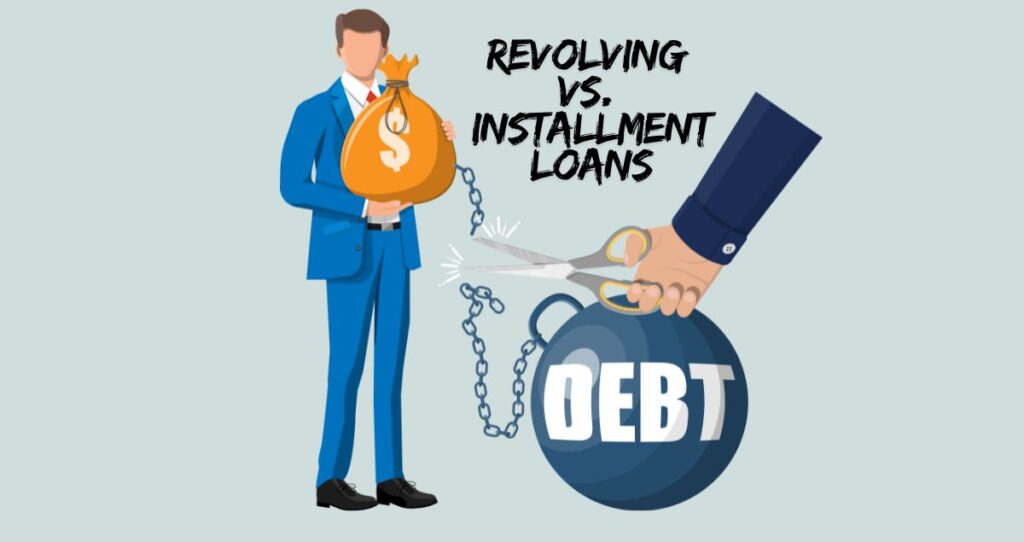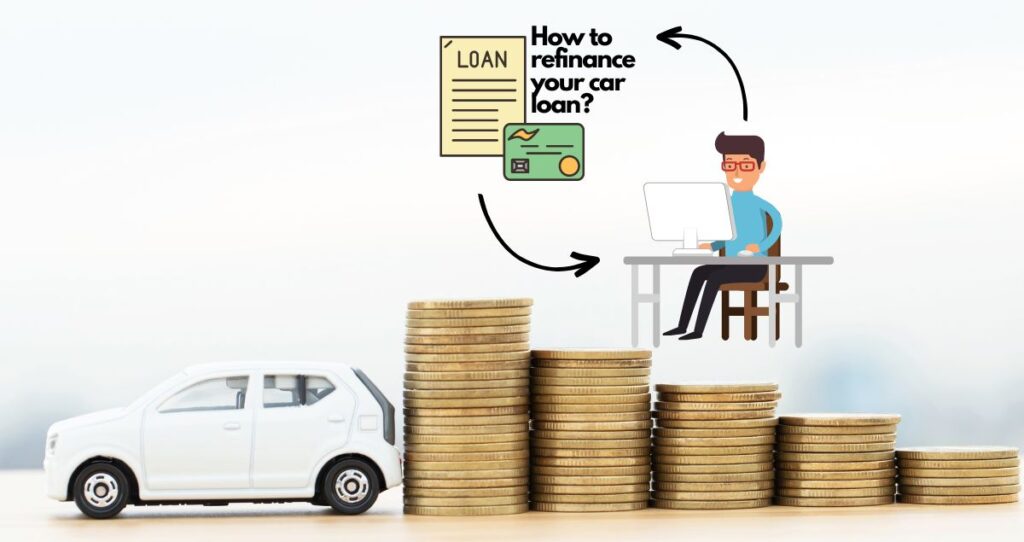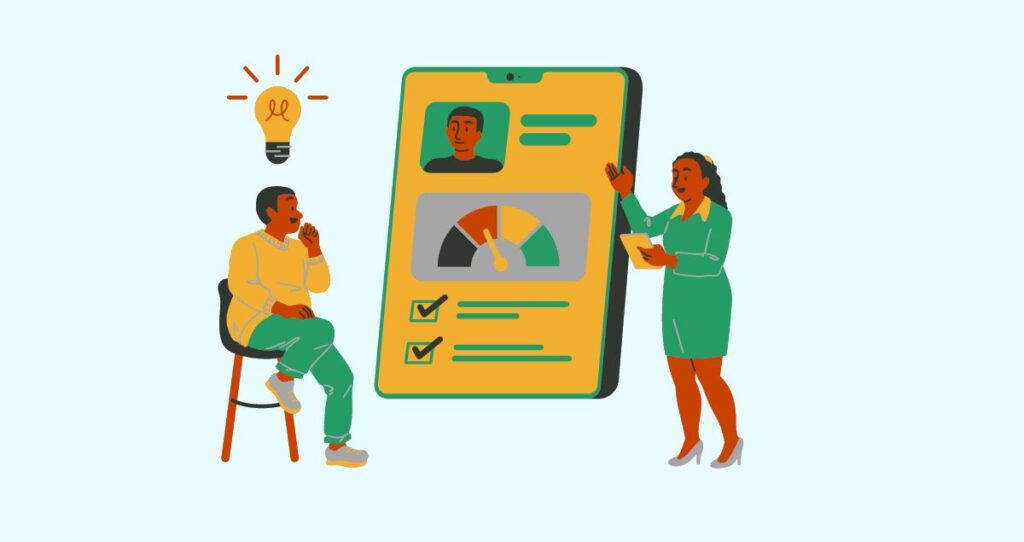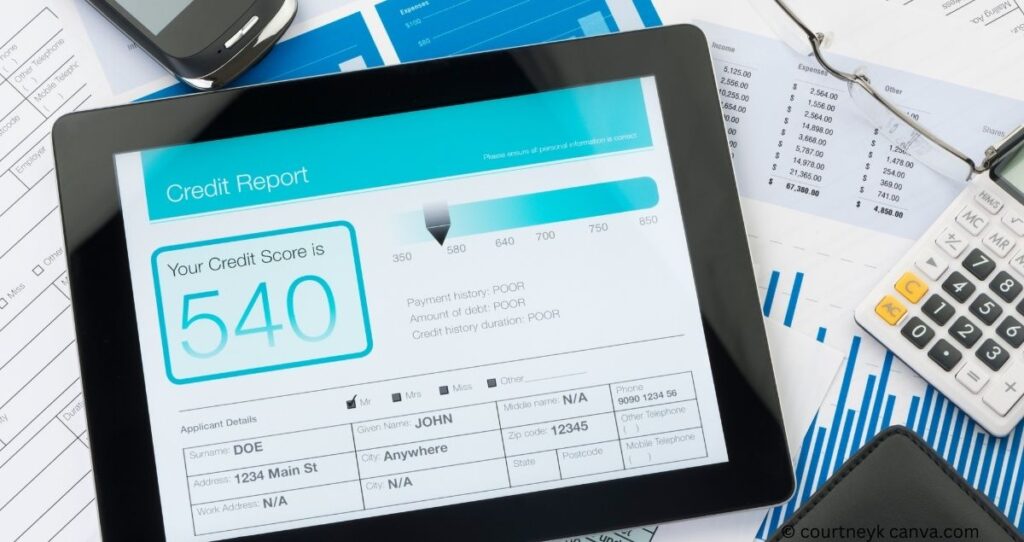A cosigner is a person who agrees to be responsible for someone else’s debt in case the primary borrower fails to pay it off. As a cosigner, you are not the main borrower for the loan, but you are responsible for missed payments or when the main borrower defaults on the loan.
For example, if the person you are cosigning misses a payment, you will be legally liable to make the payment. If the main borrower defaults on the loan, the loan responsibility will be yours until the entire debt is settled or paid off.
Here is everything you need to know about co-singing a loan and things to consider before becoming a co-signer.
Who needs a cosigner, and how does cosigning a loan work?
Your loan application might be denied if you don’t meet the lender’s requirements. In this case, a cosigner might be able to help. For example, the lender might deny you a loan if you recently graduated from college without enough credit history.
Using a cosigner such as a friend, parent, or guardian to vouch for you might be your only chance to qualify for the loan. A cosigner agrees to take responsibility for the loan when you cannot make your payments or if you default on your loan. On the loan application, there will be a section for a cosigner where they provide their name, credit profile, credit records, and financial information such as income and assets they own.
Once the loan is processed and approved, you will start making monthly payments like a regular loan. If you fail to pay off the loan, your cosigner must make payments on your behalf. If you stop making payments and default on your loan, your cosigner will be responsible for the remaining balance, including charges.
Why would I need a cosigner?
Generally, a cosigner is needed when you don’t meet the loan requirements using your credit information and income alone. Lenders use your income and credit profit to assess the risk of lending you money. If you fall short on one or more loan requirements, your lender might require a cosigner before approving you for the loan.
For example, using a cosigner might increase your chances of getting your loan application approved if you have a thin credit file. If you were recently told that you need a cosigner, it means the lender will not offer you the money solely based on the information you provided on your loan application, such as income and credit profile.
Here are a few instances when you need a cosigner
- You have bad credit. If you have a history of not paying back the loan or have missed payments on your credit reports, the lender might require a cosigner.
- You have a thin credit file. If you don’t have an established credit history, you might be required to use a cosigner on your loan application.
- Your income is low. Having enough and reliable income is a major requirement for all loan applications. If your income does not meet the lender’s requirements, you can use a cosigner or risk getting denied the loan.
- You don’t have enough assets. Lack of assets can also increase the risk of not getting the loan. For example, if your income is ok without proof of assets to use as collateral, you might still be denied the loan.
- You don’t meet age requirements. Most lenders require borrowers to be 18 years old to take out a loan by themselves. If you are a minor, however, there are ways you can finance your first vehicle or student loans, but it usually requires a legal guardian or a parent to take out the loan under their name, even if you will be the one making payments.
Who can be a cosigner for the loan?
Generally speaking, a cosigner can be anyone who meets the loan requirement credentials. But, in most cases, a cosigner can be a family member, a friend, a parent, or a legal guardian who will put their information on your loan application and pledge to pay the loan when you cannot pay it back.
You must meet the lender’s requirements to cosign the loan to be a cosigner. Usually, lenders require an excellent credit score, an established credit history, proof of income, and a lower debt-to-income ratio. These requirements are in place to ensure you can afford to make the loan payments on top of your financial obligations if the primary borrower misses a payment or defaults on the loan.
Things to consider before cosigning a loan
While helping a friend or a family member get the loan might sound like being a samaritan, there are things to consider before cosigning the loan. You have to be smart about putting your name on a loan application, as cosigning for a financially irresponsible person increases the risk of paying back the loan yourself.
Here are a few things to consider before cosigning a loan.
- Know who you are cosigning for. Before you cosign for anyone’s loan, you must know the person. If the primary borrower is not responsible enough to make the payments, the borrower will likely default.
- Ask the main borrower to make a budget. Being a cosigner means the loan becomes your responsibility when the primary borrower does not pay the loan. That is why you must ensure the primary borrower pays the loan at all costs if you don’t want to make payments. One of the best strategies to keep everything under control is to have the primary borrower create a budget and show you how they will pay the loan.
- Evaluate your financial situation. It might not be wise to cosign a loan when planning to get a loan, change jobs, or relocate.
- Check monthly payment affordability. Make sure you and the primary borrower can afford the monthly payments. Can the primary borrower afford the monthly payments? If the primary borrower loses a job, can you make payments? These are important questions to ask yourself before you cosign for a loan.
What kinds of loans can be cosigned?
Most loans, such as student loans, credit cards, mortgages, car loans, personal loans, or home improvement loans, allow cosigning options. Before you cosign for anyone, do your due diligence and consider the risks and financial obligations of cosigning. The best tip is to cosign a loan with someone responsible enough to pay off the loan by themselves.
Pros of cosigning a loan
While being a cosign increases your financial risks, it also comes with potential advantages you should know about. For example, if your child recently graduated college without an established credit profile, being the cosigner can help them qualify for a car loan and get on their feet.
Here are the pros of using a cosigner.
- It helps you qualify for the loan. Using a cosigner is a great way to strengthen your loan application, especially when you have a limited income, no credit history, or a low credit score.
- You can qualify for more money. Cosigning a loan can help the primary borrower qualify for a higher principal.
- Cosigning a loan can help lower interest rates. If you have bad credit, the lender might charge a higher interest rate due to the higher risks you pose. If someone can cosign your loan application, you might qualify for a lower interest rate, as the risk will go to the cosigner if you default on the loan or miss payments.
- Better loan terms. Using a cosigner adds value to your application and allows you to negotiate for better loan terms.
Drawbacks of cosigning a loan
When you cosign a loan, you agree to pay it back if the primary borrower does not. That is why it is critical to be careful when cosigning a loan to avoid financial hardships and straining your relationships.
Here are the cons of cosigning a loan and what to expect.
- Potential for strained relationship. Cosigning loans is one of the biggest causes of strained relationships. If the primary borrower fails to pay off the loan, the responsibilities shift to the cosigner, and many people are usually unhappy about this, leading to strained relationships.
- Increase financial obligations. Cosigning a loan increases the risk of paying it off if the primary borrower fails to make payments. This could lead to financial hardships and more responsibilities down the road.
- The risk of lowering your credit score. Cosigning a loan means that any missed payments might also be reported to your credit reports. Additionally, cosigning a loan might increase your debt-to-income ratio. All these factors can potentially lower your credit score.
- The risk of not qualifying for a loan yourself. Being a cosigner also means if you need to take out a loan yourself, you might not meet the loan requirements, as the loan you cosigned for will be considered when assessing your loan application.
How do you qualify for a loan without a cosigner?
If you recently got denied for a loan but don’t have a cosigner, you might still qualify. Here are a few strategies for getting the loan without a cosigner.
- Get a secured loan. Secured loans are loans for which collateral is required to qualify. Lenders accept all kinds of assets as collateral, such as a car, property, or cash.
- Take on a smaller loan amount. If you were told you need a cosigner, it simply means your credentials alone are not enough to qualify for the loan. This does not mean you cannot qualify for the loan. If you were taking out a higher principal, try to borrow a smaller amount.
- Find a different lender. Just because one lender denied you a loan does not mean all lenders will reject your application. One of the best ways to qualify for loans without a cosigner is to shop around. Try online lenders such as online banks and credit unions.
- Improve your credit score. If you have a bad credit score, improving your score before submitting another loan application is a great way to increase your approval rate.
- Pay off some of your debts. If you have a higher DTI ratio, paying off some of your debts will help you qualify for a loan.
- Increase your income. If your lender did not approve your loan application due to a low income, increase your income before applying again.
How do I protect myself as a cosigner?
Cosigning a loan is never a good idea unless you know the primary borrower can afford to pay it back or you have the financial means to cover all payments if he fails to make payments. Here are tips to protect yourself as a cosigner.
- Evaluate your financial situation and ensure you have enough disposable income to cover payments if the primary borrower stops to make payments.
- Create a budget and set aside money if you must make payments unexpectedly.
- Cosign a loan for someone responsible enough to make payments. Don’t take on loan responsibilities simply because you want to help a family member. You will regret it.
- Be on the same page with the person you support to ensure they understand the responsibility of taking out loans.
- Cosign a loan only if the money will help the primary borrower financially. You should not cosign a loan for bad debt, such as car loans, buying expensive things, vacation loans, etc.
- Don’t cosign a large loan balance, and do not put your name on the loan application if the borrower buys a house. Large loan balances increase the risk of default, and paying them off is difficult.
What are my responsibilities when I cosign the loan?
When you cosign a loan, it becomes your responsibility until it is settled. If the primary borrower misses a payment, you make that payment. According to the Federal Trade Commission (FTC), the lender will give you a Notice to Cosign document, which tells you what will happen if the primary borrower fails to make payments or defaults on the loan. You must read this document very carefully and only cosign a loan when it makes sense to cosign the loan.









